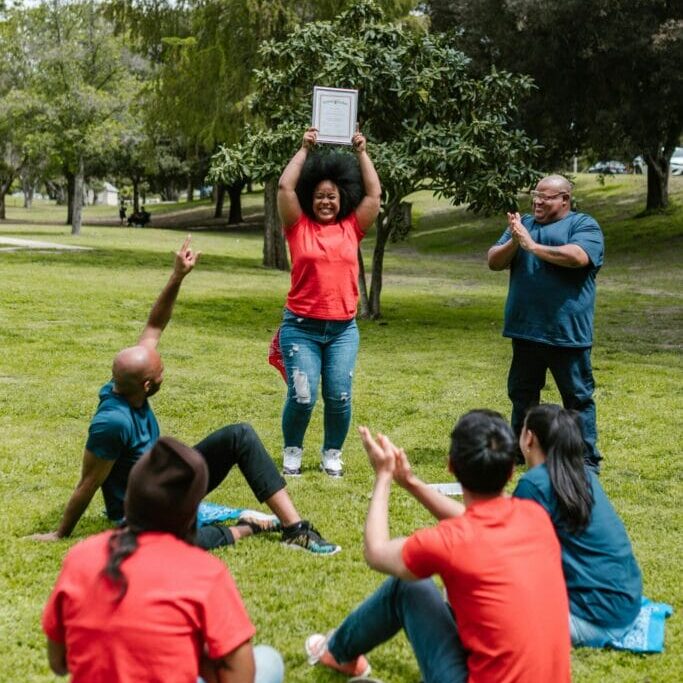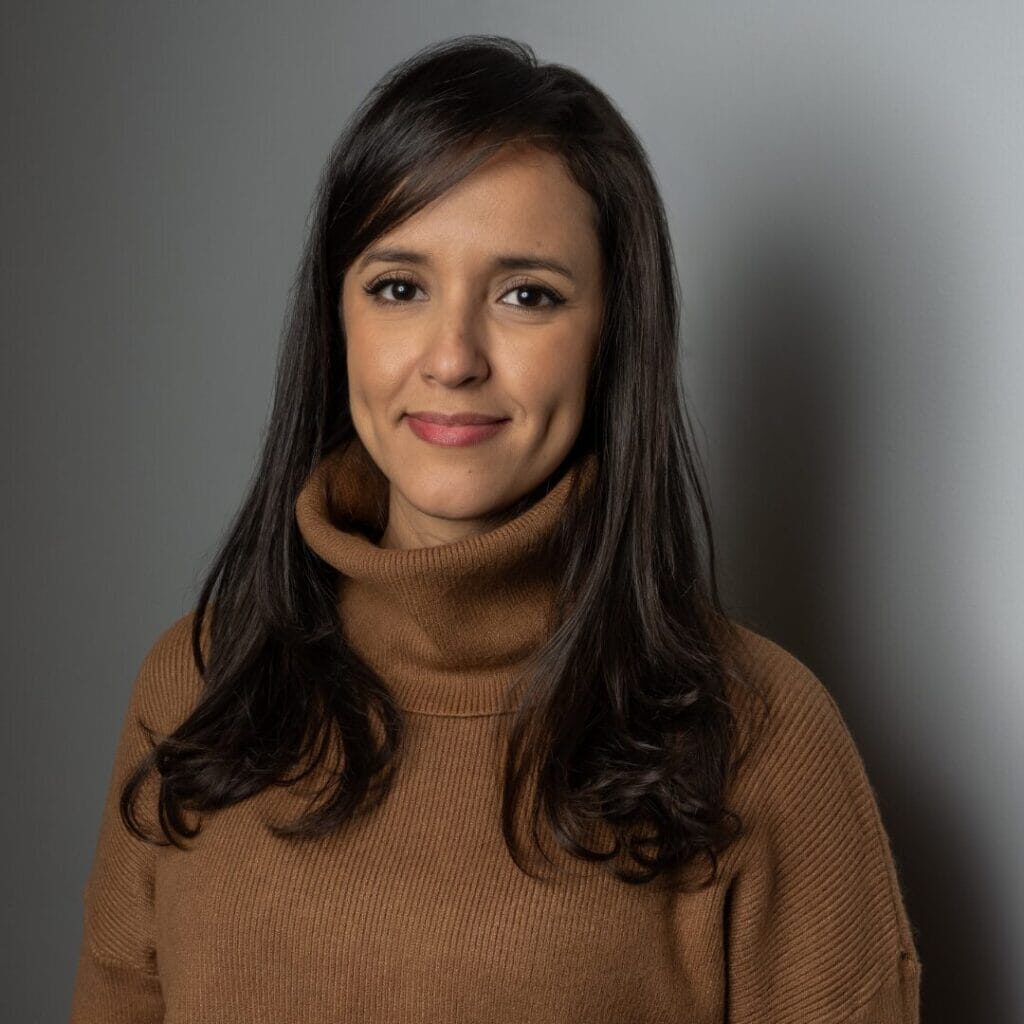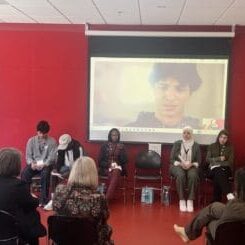Marisa’s transformative journey toward a better life in Nova Scotia
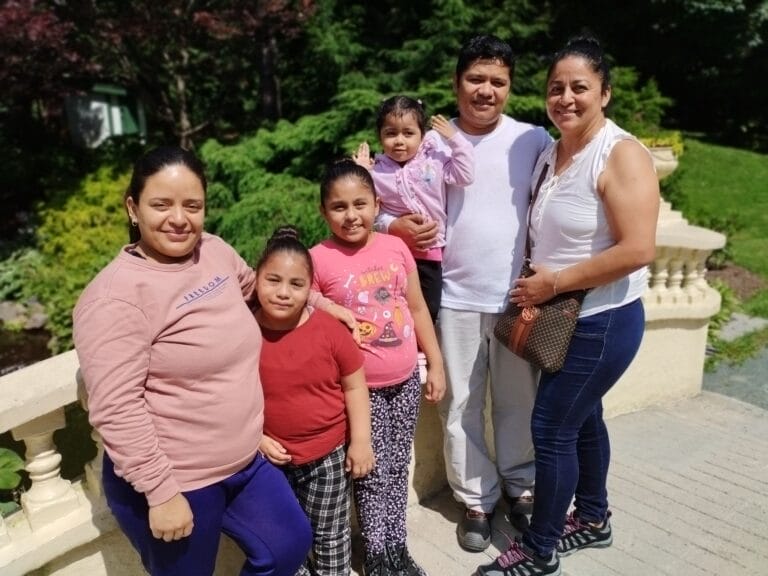
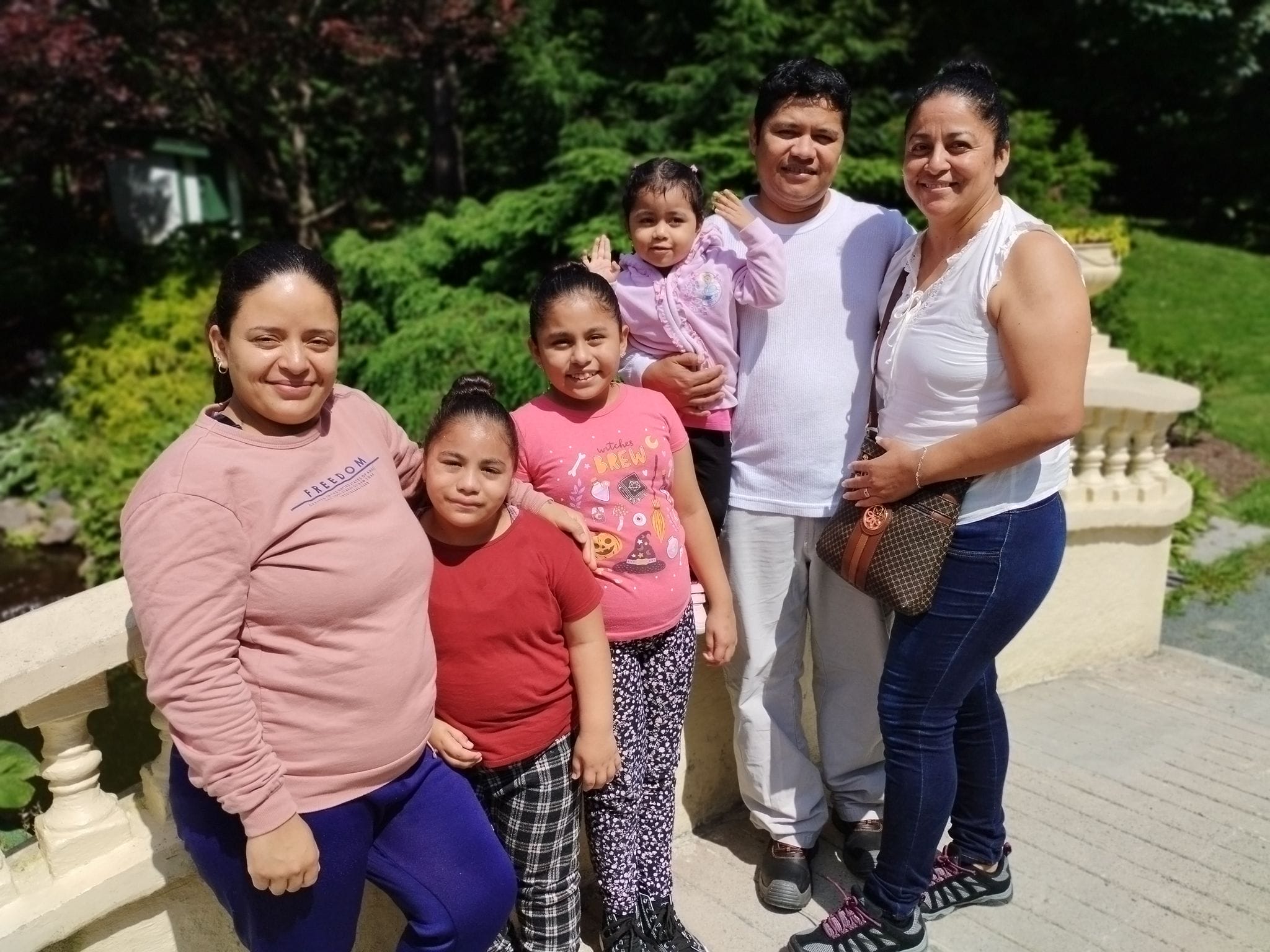
International Human Rights Day, observed on December 10, serves as a reminder of the importance of protecting all individuals’ fundamental rights and freedoms, regardless of race, gender, nationality, or religion. The 2024 theme, “Our Rights, Our Future, Right Now,” emphasizes the urgency of advocating for human dignity, equality, and justice.
Marisa Carolina Enriquez Ramos’s journey from Guatemala to Nova Scotia exemplifies the challenges faced by refugees with disabilities. Her story begins against the backdrop of a civil war. This conflict, rooted in economic and political inequalities, led to severe human rights violations and forced displacement.
“It was a terrible situation in Guatemala. People killing each other. We were not able to provide necessities to our children,” Marisa shares her suffering. “I was doing cleaning at homes and ate the leftover food I got. It severely affected our daily life and survival.”
Marisa and her family have a hearing-impaired disability, which made it challenging for them throughout the process of immigration and integration into the new environment in Canada, including communication barriers, difficulty accessing services, and finding support networks tailored to their specific needs.
Relying on sign language for communication, Marisa is determined to seek a better life for her daughters while anxiously waiting to reunite with her two sons left behind.
“She is going through medical examinations to see what exactly health issue she has. I remember when doctors said that she would have a short life period and may not survive for long. It was painful to hear, I used to check daily if she was breathing,” Marisa shares her worries. “I am trying to have my sons here with me. They want to live with me. We went to Mexico before coming here, we were not even able to communicate because of differences in sign languages, and no interpreter was available to help us, luckily someone voluntarily helped us.”
Marisa is engaged in ISANS’ Refugee Resettlement program, which is empowering her family to create fulfilling lives while promoting inclusion, belonging, and community unity. ISANS literacy program and health navigation services have significantly contributed to her family’s successful integration, allowing them to settle into a peaceful life.
“I feel safe here. I am happy with my family. I like winter, and I enjoy snow. I go on walks with my daughters. It makes me happy to see them smiling,” says Marisa. “I know life is not easy for refugees, but I see hope here and positivity around me. I am happy that I found ISANS; otherwise, we could have just lost.”
As Marisa continues to advocate for the rights of individuals with disabilities, her journey inspires others facing similar challenges. Her experience aligns with research showing that children of refugees often integrate well and achieve success in their new home.
By embracing human rights and providing comprehensive support to refugees, societies like Nova Scotia create environments where diverse individuals can thrive. Marisa’s story is a testament to the power of resilience, community support, and the transformative potential of refugee resettlement programs.
Share this


